Languages & Cultures: A Gateway to Connection and Innovation
Language is not just a tool for communication; it is a gateway to culture, understanding, and innovation. In this section, I will present the international and national languages that I speak fluently, along with the cultural richness they represent. Mastering these languages has enhanced my ability to collaborate in diverse environments, while my deep appreciation for various cultures continues to shape my personal and professional journey.
International Languages: Connecting Beyond Borders
In today's interconnected world, being proficient in multiple global languages is a powerful asset. Here are the languages I speak fluently, each offering unique opportunities to engage with diverse communities and understand international trends in cybersecurity.
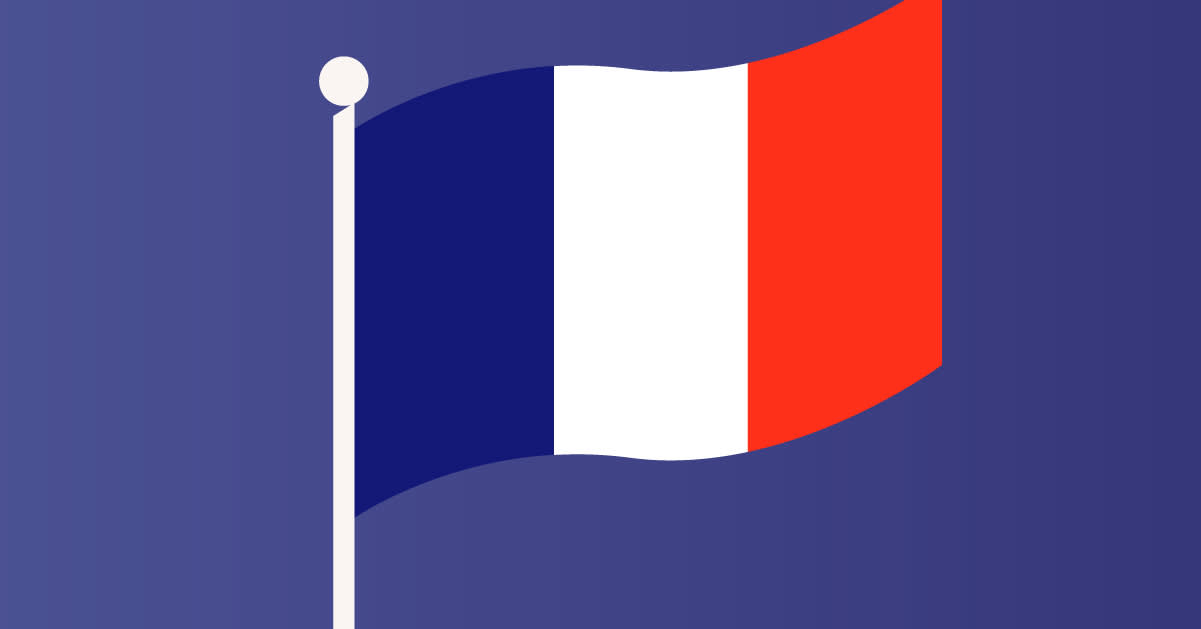
French Language: My Academic and Professional Foundation
Level: Fluent
French has been the cornerstone of my education since primary school, shaping my academic journey. I have used French throughout my entire educational career, from elementary to university, making it my primary language of communication. The widespread use of French as an international language, particularly in Africa and parts of Europe, provides me with an edge in global collaboration, especially since French is one of the official languages of international organizations like the UN and the EU.
Advantage: Being fluent in French allows me to connect easily with a large number of professionals in the cybersecurity field across Europe and Africa.
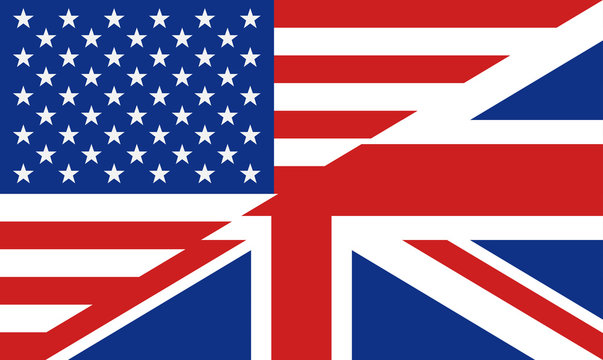
English Language: My Bridge to Global Expertise
Level: Intermediate to Advanced - Fluent soon
English is the universal language of business, technology, and cybersecurity. Though I am not yet fully fluent, I am working tirelessly to improve my command of English, aiming for advanced fluency. I am committed to mastering it through constant practice, professional courses, and daily usage. English fluency will open doors to even more international collaborations and access to cutting-edge resources in cybersecurity.
Advantage: English connects me to the vast global network of cybersecurity experts, allowing for cross-border communication and learning.
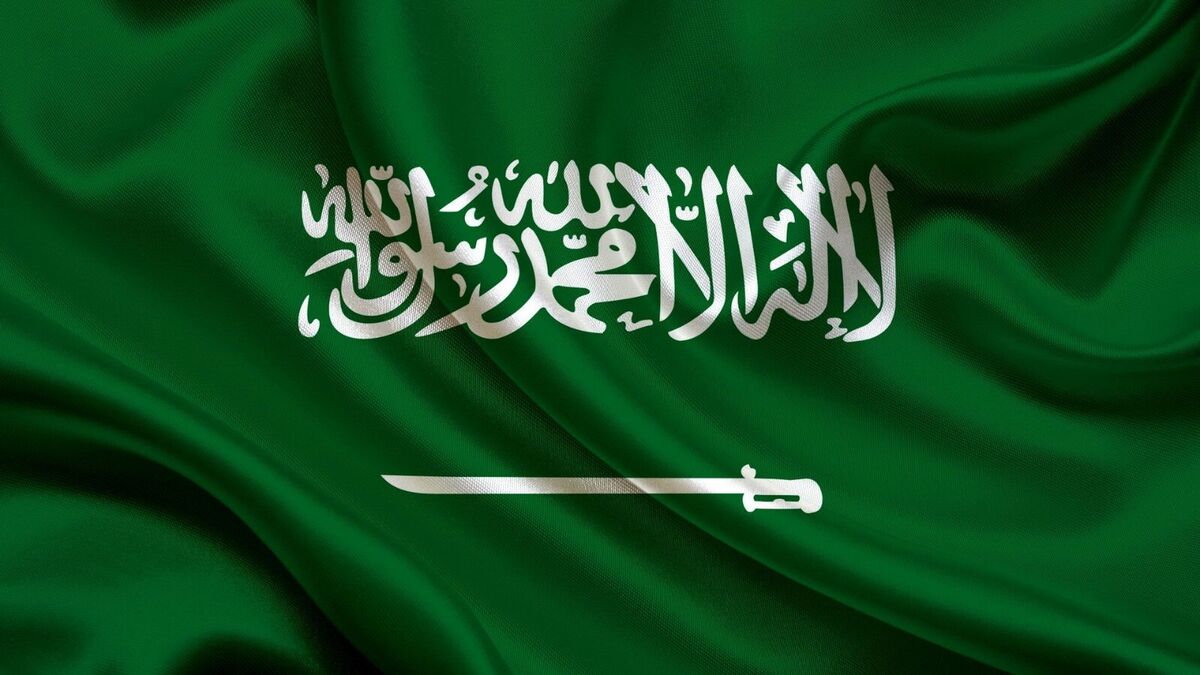
Arabic Language: A Rich Linguistic and Cultural Asset
Level: Fluent
Arabic, spoken by over 400 million people worldwide, is my third international language. As the official language of the Arab world, it not only gives me access to cultural and professional networks in the Middle East and North Africa but also plays a crucial role in navigating the cultural nuances of these regions. Growing up with a strong foundation in Arabic and currently living in Tunisia, I have further honed my language skills to the point where I am often mistaken for a native speaker.
Advantage: Fluency in Arabic allows me to seamlessly integrate into local communities and professional circles, giving me a unique advantage in regional cybersecurity efforts.
A Glimpse into Guinea: My Homeland
Guinea, a West African nation located along the Atlantic coast, with a population of around 13.5 million people, is a land of remarkable cultural diversity and natural beauty. It is divided into four natural regions, each with its unique landscape and cultural richness: Basse Guinée (Lower Guinea), Moyenne Guinée (Middle Guinea), Haute Guinée (Upper Guinea), and Guinée Forestière (Forest Guinea). The country is home to more than 40 languages, making it a true mosaic of cultures, traditions, and languages. This diversity has shaped my upbringing in the bustling capital of Conakry, a city where different ethnicities and languages converge. Growing up in this rich cultural tapestry has given me the ability to navigate a wide array of cultural environments, and it’s one of the many reasons I carry Guinea close to my heart.
National Languages Navigating Guinea's Main Languages
In Guinea, three main languages dominate: Poular, Malinké, and Soussou, ach associated with one of the country’s major ethnic groups. Although French is the official language of education and government, these local languages play an essential role in everyday communication. Having grown up in Conakry, a melting pot of cultures, I had the privilege of learning all three of these languages. Mastering multiple languages in Guinea is rare, and it sets one apart, as many Guineans tend to speak just one or two of the national languages. Often, you’ll find Guineans switching to French when they can’t communicate in a shared local language. For me, the ability to understand and speak all three national languages has been a unique and invaluable skill, especially when navigating different communities.
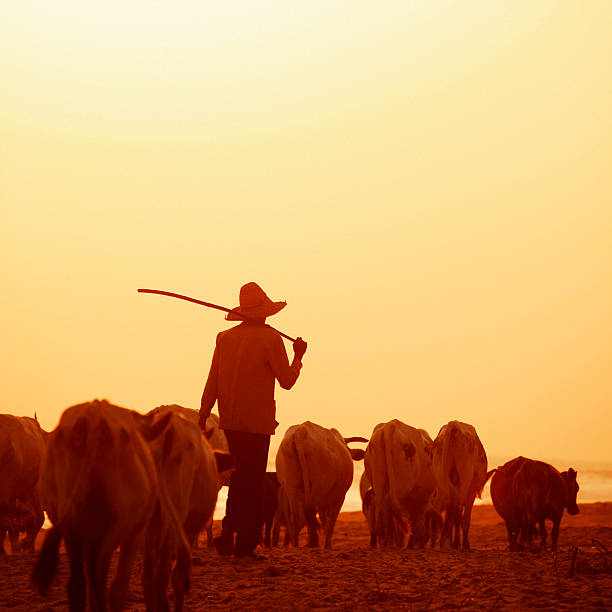
Poular: My Native Language and Cultural Heritage
Region: Moyenne Guinée (Middle Guinea)
Spoken By: 40% of Guinea’s population
Poular is my native language, deeply tied to my cultural roots in Moyenne Guinée (Middle Guinea), also known as Fouta-Djallon, the region primarily inhabited by the Peulh (or Fulani) ethnic group. The Peulh people, known for their nomadic history and breeding are spread across West Africa and are well-known for their rich oral traditions, strong community ties, and deep Islamic faith. In Fouta-Djallon, the breathtaking highlands are not only the heartland of the Peulh but also a region where cattle rearing plays a central role in the economy and culture. The Poular language is more than just a means of communication, it is a reflection of Peulh culture, history, and values. Growing up in a Peulh family, I was immersed in this culture, and it is through Poular that I first connected with my community. The language is also widely spoken in Conakry, making it an essential part of daily interactions. My fluency in Poular gives me a deep sense of belonging to my heritage, as well as a unique connection to millions of people across West Africa.
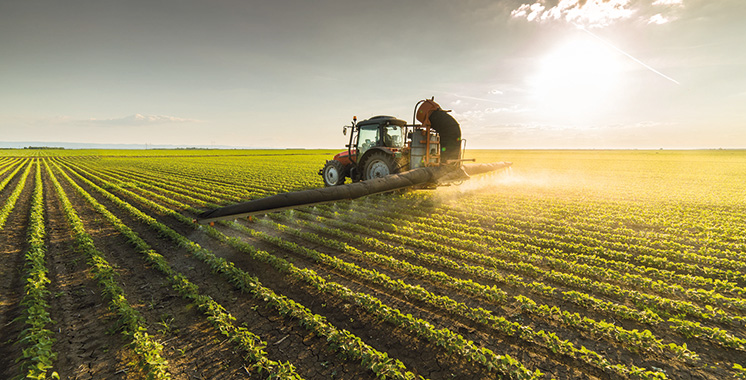
Malinké: A Language of Adventure and Family Ties
Region: Haute Guinée (Upper Guinea)
Spoken By: 30% of Guinea’s population
Malinké, one of the main languages spoken in Haute Guinée (Upper Guinea), is closely tied to the history and culture of the Malinké people, descendants of the ancient Mali Empire. Known for their rich traditions in craftsmanship, and agriculture, the Malinké culture is vibrant and full of history. My connection to Malinké goes beyond simple geography, my maternal grandfather was an adventurer who moved to Kissidougou, a town in Guinée Forestière, where Malinké is also widely spoken. It was there that he built a life and married my grandmother, and my mother and her siblings were born and raised in that region. As a child, I spent my holidays in Kissidougou with my grandparents, and through these experiences, I became fluent in Malinké. This deep personal connection to the language, coupled with its prevalence in Conakry, has made Malinké a second nature to me. My proficiency in Malinké sets me apart, as it’s rare among my peers to master both Poular and Malinké fluently.

Soussou: The Voice of Conakry
Region: Basse Guinée (Lower Guinea)
Spoken By: 20% of Guinea’s population
Soussou is the dominant language of Basse Guinée (Lower Guinea), where Conakry, the nation’s capital, is located. The Soussou people, known for their deep connection to the coastal areas, fishing and trade, have a rich cultural history tied to the Atlantic coast. Growing up in Conakry, Soussou was one of the most spoken languages around me, as it is widely used in everyday life in the capital. Although my proficiency in Soussou has gradually declined due to limited practice while living abroad, I still maintain a solid understanding and can communicate when needed. This knowledge has been invaluable in navigating the cultural landscape of Conakry, where different ethnic groups converge and Soussou serves as a bridge for many interactions. Speaking Soussou has allowed me to engage with a broader section of the population and deepened my connection to the coastal culture of Guinea.
My journey through diverse cultural landscapes has shaped my worldview and equipped me with valuable cultural competencies.
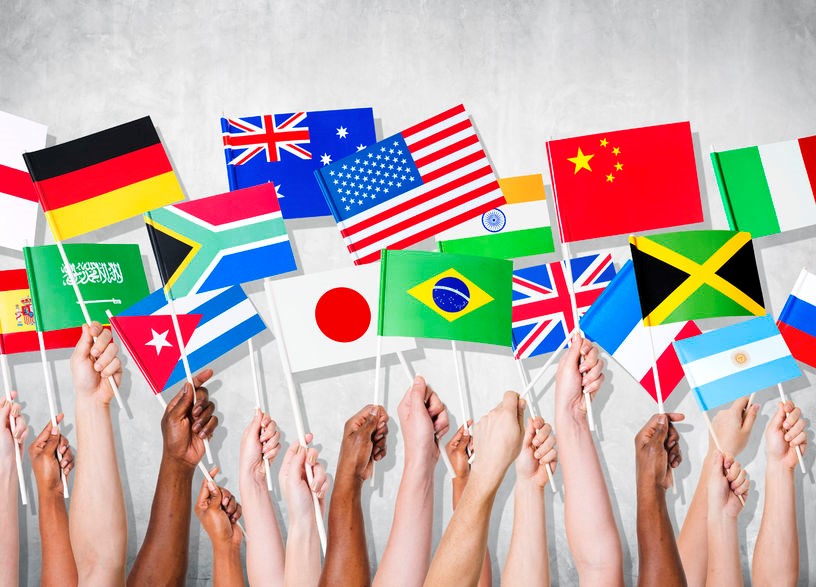
Deep Understanding of Cultural Diversity
Growing up in a culturally diverse environment, I have developed strong cultural competencies that allow me to navigate seamlessly in multicultural contexts. This richness has provided me with a deep understanding of the various traditions, languages, and values that coexist within my community. My experiences have taught me to appreciate diversity and recognize the strengths that each culture brings.
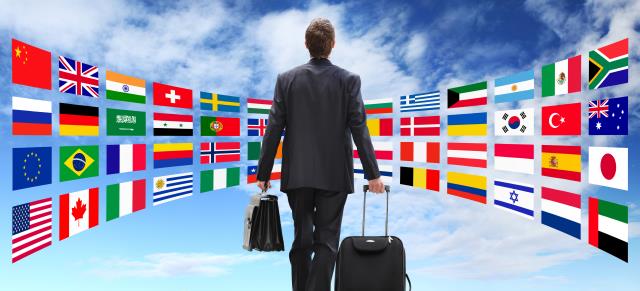
Global Exposure and Adaptability
I have also had the opportunity to travel to several countries, including Senegal, Mauritania, the Moroccan border, Sierra Leone and Tunisia (where I have been living for 2 years). These experiences have allowed me to immerse myself in different cultures and understand their nuances, enhancing my ability to interact with individuals from various backgrounds. By discovering new environments, I have learned to adapt my communication methods and establish authentic relationships.
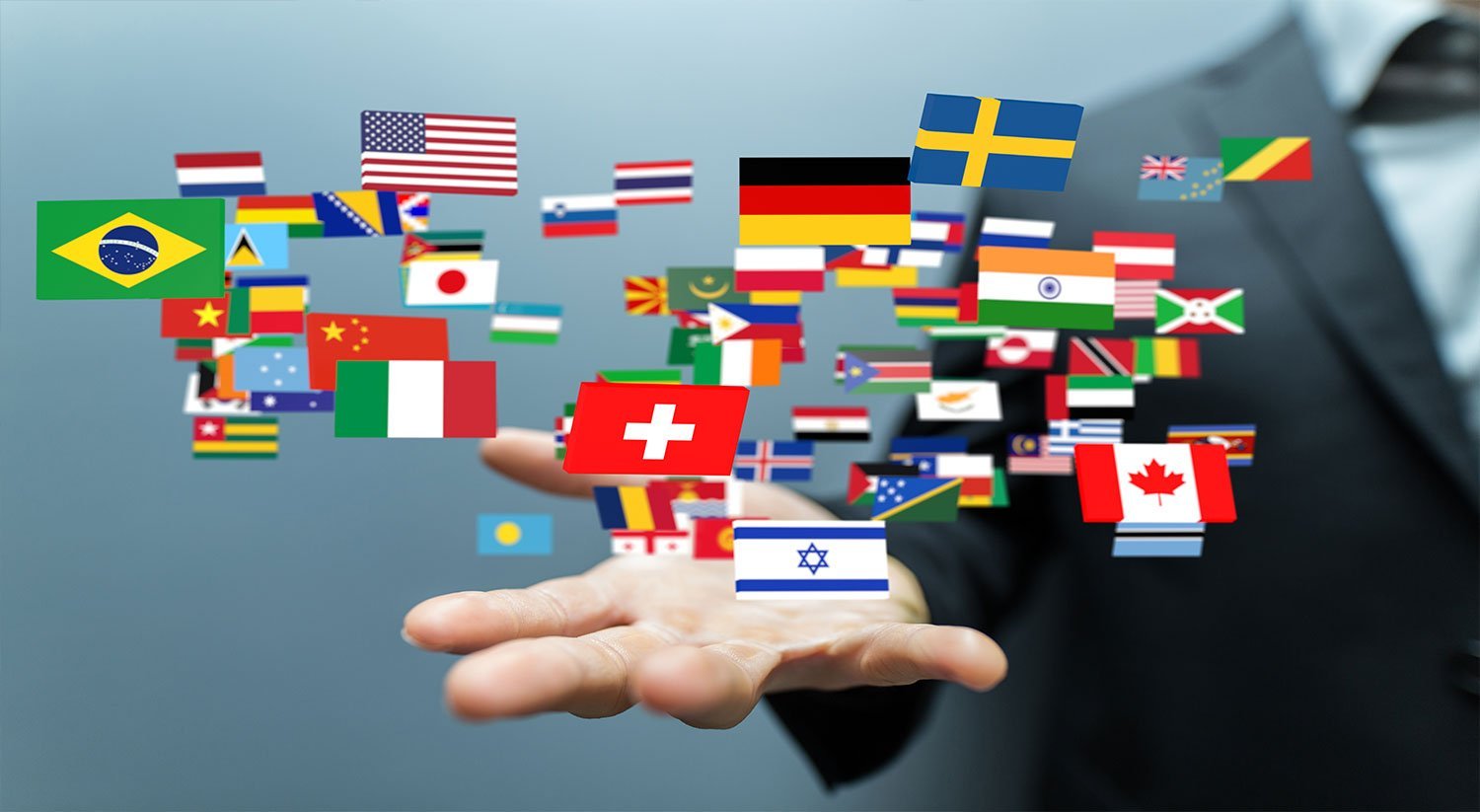
Professional Enrichment through Cultural Competence
These cultural competencies are not just a personal asset; they also enrich my professional approach by making me sensitive to the needs and perspectives of others. They enable me to contribute positively to diverse teams and participate in international projects with an open mind and mutual respect. This ability to adapt and understand cultural differences is essential in our globalized world, and I am grateful to be a part of it.
A Global Perspective Shaped by Culture and Experience
In summary, my rich cultural background, combined with the global exposure I’ve gained from traveling and living in diverse regions, has given me a unique perspective on the world. These experiences have not only shaped my personal values but also provided me with valuable skills in communication, adaptability, and collaboration. I believe these strengths will continue to guide me as I grow both personally and professionally in any multicultural environment I encounter.